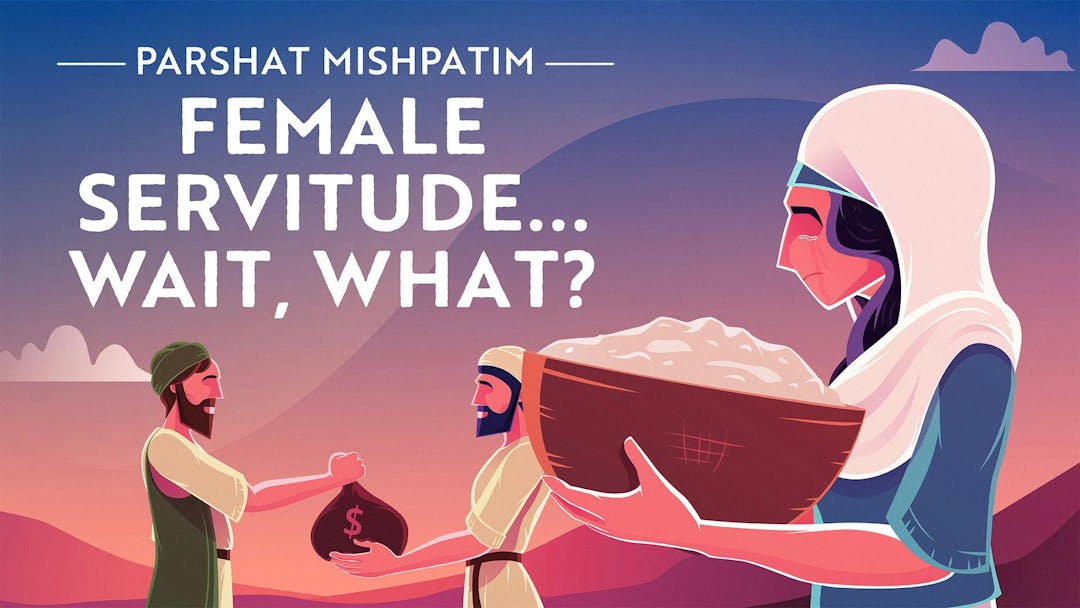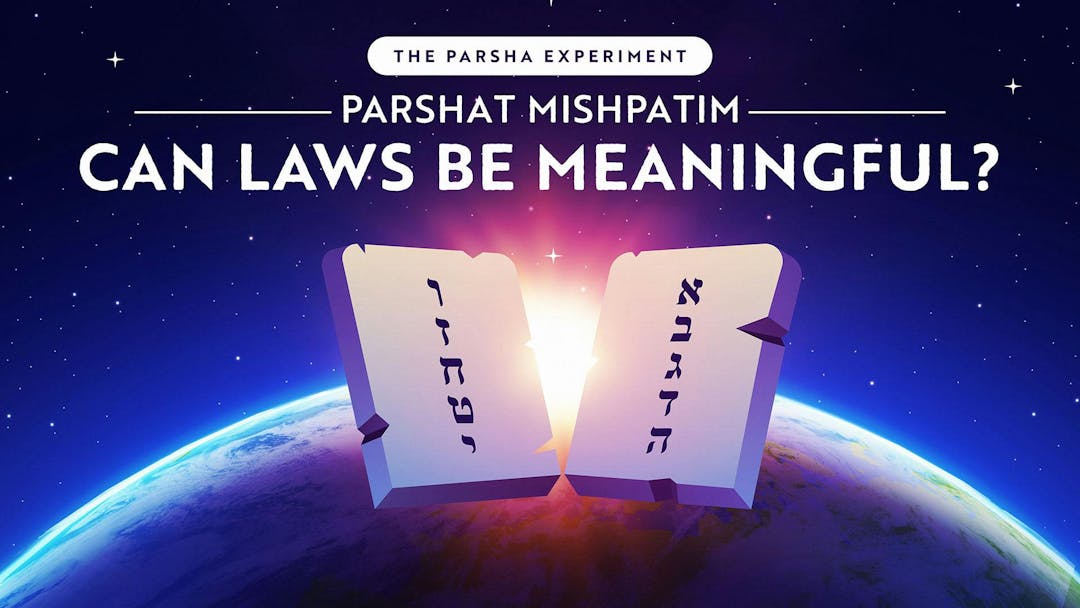Start your free trial today to unlock the full library and enjoy unlimited and uninterrupted access.
Get StartedDoes Our History Become Torah Law? (Part 1 of 2)
The Surprising Source Of The Torah's Laws Of Murder
Where do our laws in the Torah really come from? When God says: "Don't do this, do this" – what is the basis? Is it random, arbitrary? Is it an invention of God's mind that we're not meant to understand? Or might Jewish laws have some other rational basis?
Rabbi Fohrman has a revolutionary idea, that many of the Torah's laws given to the Jewish nation were actually based off of the stories of our forefathers and foremothers. In this video, Rabbi Fohrman explores this through the laws of murder given in this week's Torah portion.
To check out the Epilogue, click here.
Want to watch the full video for free?
Enter your email and we’ll send you a link to watch the full series free.
What is Aleph Beta?
Aleph Beta is a unique kind of Torah library. Led by our founder, Rabbi David Fohrman, we are dedicated to high-level, textual Torah learning for adults that is intellectually and spiritually sophisticated, that enlivens your Jewish practice and helps you forge a deeper connection to God. Whether you’ve been learning in yeshiva for years or you’re just beginning your Torah journey, you’re sure to find something meaningful and surprising waiting for you here.
Browse our library of over 1,000 beautifully produced animated videos, podcasts, deep dive courses, and printable guides. Topics include the weekly parsha, Jewish holidays & fast days, laws & mitzvot, prayers, relationships, big philosophical ideas and more. Have something to say at the Shabbos table that will amaze your family and guests and bring deep meaning into their lives.











